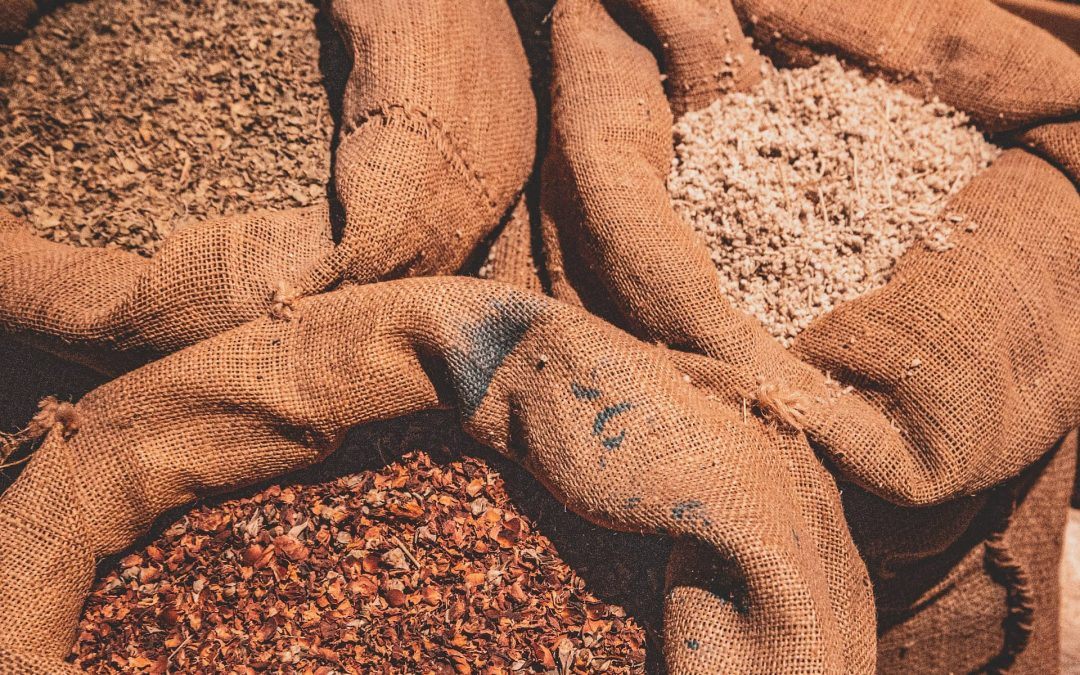Experts Say that a Food Crisis Is Near. But Can It Be Avoided?
Many people today assume that we’re completely immune to the threat of a looming food crisis. How could those of us living in the United States in the twenty-first century, with our booming agricultural industry and economy, and our robust global military and political influence, possibly be the victims of a food shortage in the foreseeable future? While it’s certainly understandable to think this way, the fact is that experts agree that we are headed towards a worldwide food security crisis. This should be a cause for concern for anyone who is considering applying for a land loan in the near future.
What Might Cause a Global Food Security Crisis?
Worldwide population expansion, rising rates of industrialization, and accelerating climate change are not phenomena that pair well together. By the year 2050, it’s estimated that the global population will be as high as 9.8 billion. More people means greater demand for food and water. Add on top of these factors the rapidly deteriorating quality of soil around the world, and it’s plain to see that we may very well have an impending global food crisis on our hands – but can it be avoided?
What Can We Do to Prevent a Global Food Crisis from Occurring?
As experts in agriculture, farm financing, and land loans, we hear a lot of conversations that revolve around this topic. People wonder, can anything be done to prevent a food crisis from happening? The short answer is: yes, a catastrophic food crisis can be successfully averted; but it will require us to take action – and to make certain sacrifices – in the here and now.
To help clarify things, let’s break down four crucial changes that will need to be adopted en masse if a food crisis is to be averted:
- Eating habits. A reduced rate of consumption for meat products, in particular, will be integral to a worldwide effort towards reducing greenhouse gas emissions and providing adequate nutrition for people currently living in developing countries.
- Modes of production. Large-scale industrial farming – which requires much greater quantities of fertilizer and water to maintain – will need to transition to smaller-scale and sustainable organic farming operations.
- Food waste. Research conducted by the Food and Agriculture Organization (FAO) of the United Nations suggests that the highest rates of food waste occurs at the level of the consumer (as opposed to being lost elsewhere along the supply chain). It’s up to each of us, therefore – as individual consumers – to educate ourselves about food waste and take action to prevent it from occurring too often in our homes.
- Alternative (and sustainable) sources of protein. As mentioned above, our current dependence on meat as a primary source of protein poses some serious problems to our future food security. So too does our exploitation of certain alternative sources of protein (soya in particular). But we obviously need protein – which means it will be crucial for us to invest in and take advantage of sustainable, alternative sources of protein.
How to Apply for a Land Loan
At MSF Agriculture, we’re providing agricultural and farming enthusiasts with the advice, resources, and skills they need to expertly apply for a land loan. Contact us today to get started securing your own loan!

